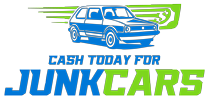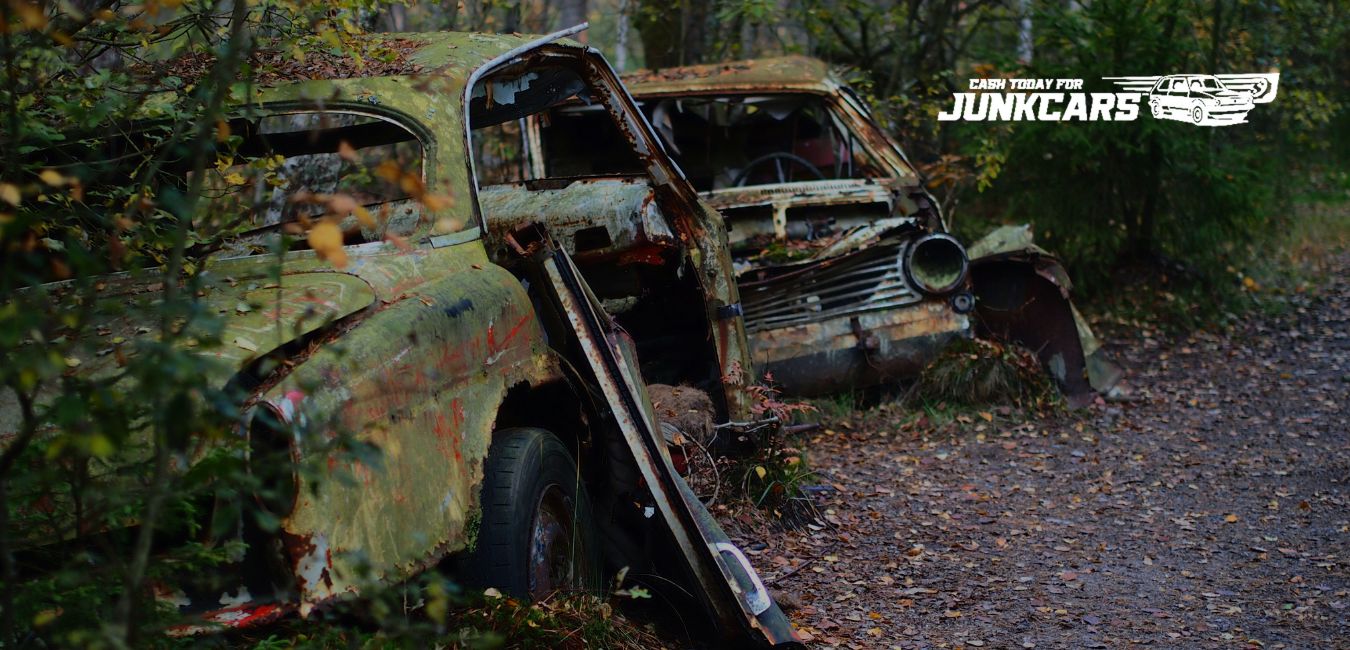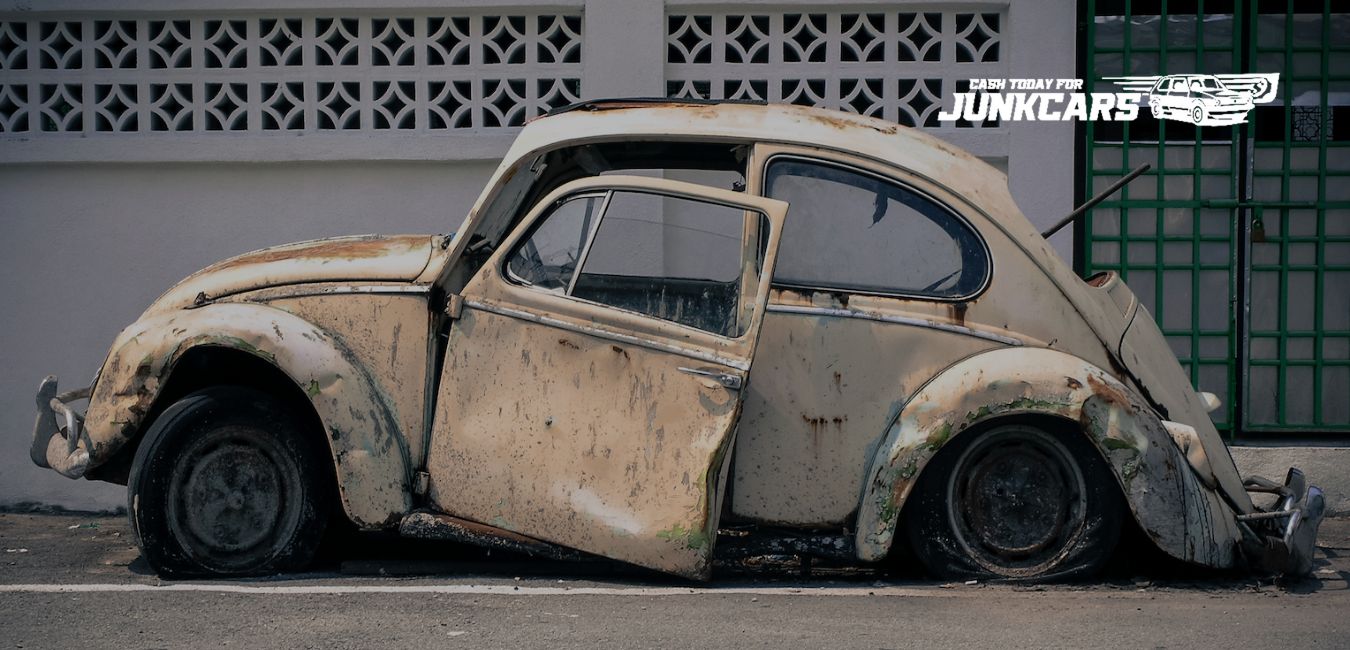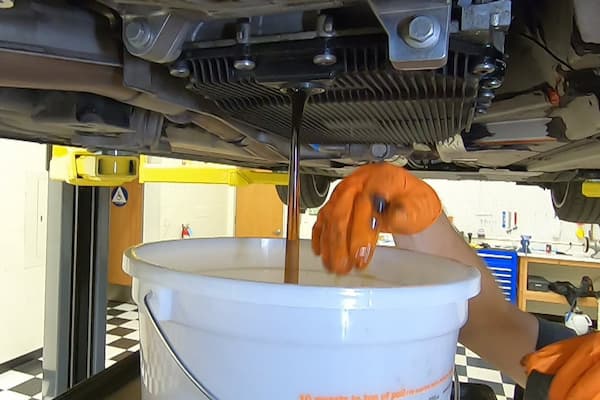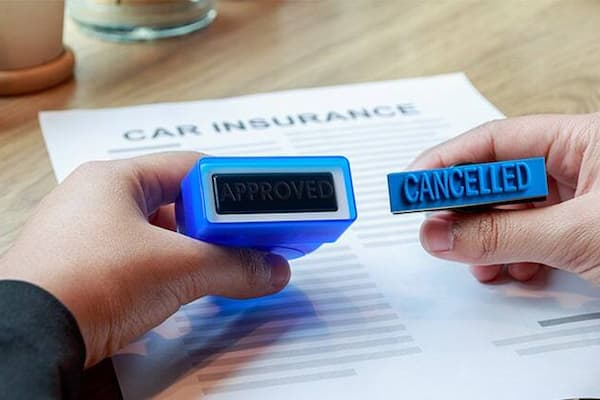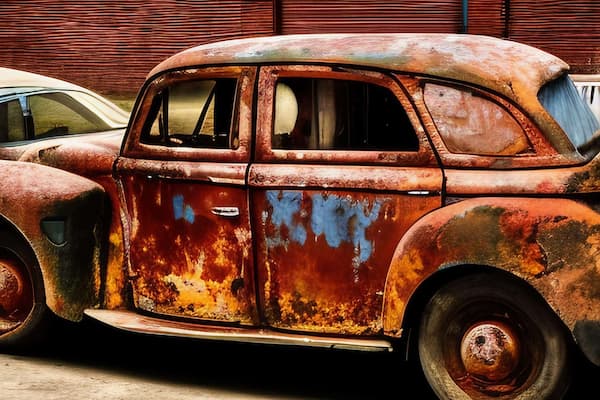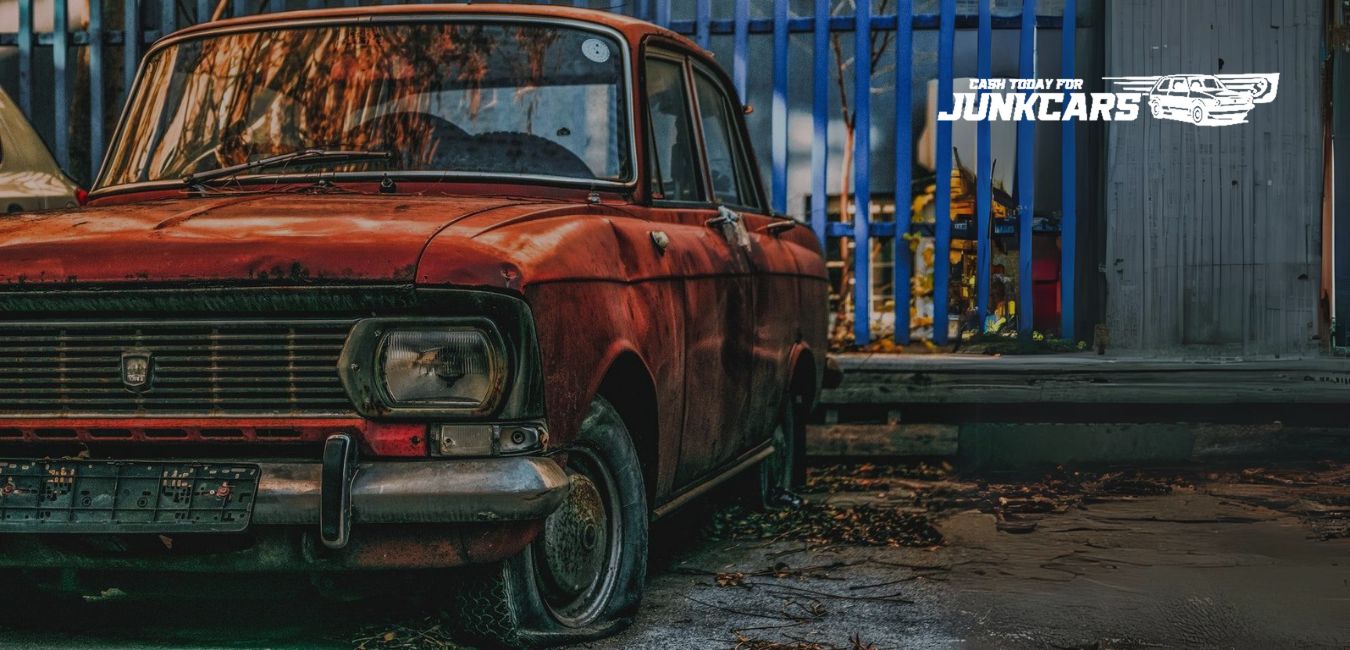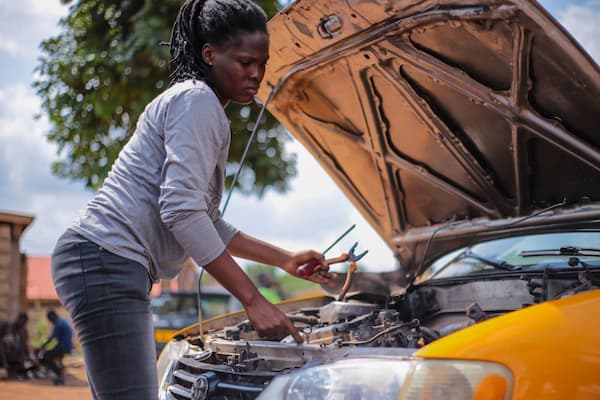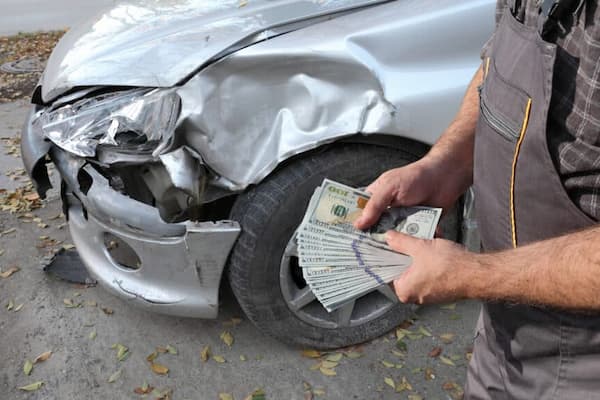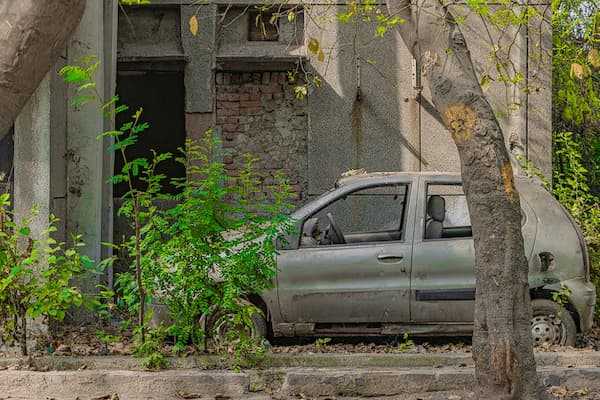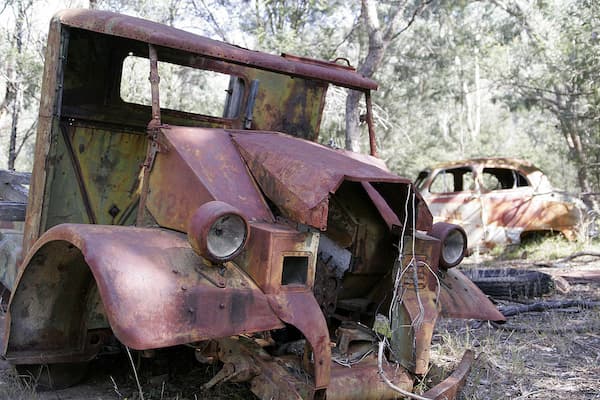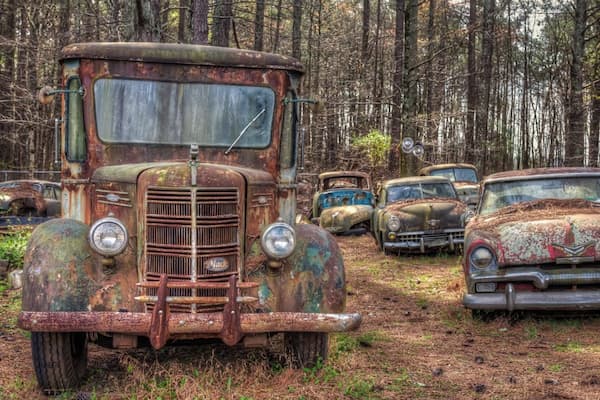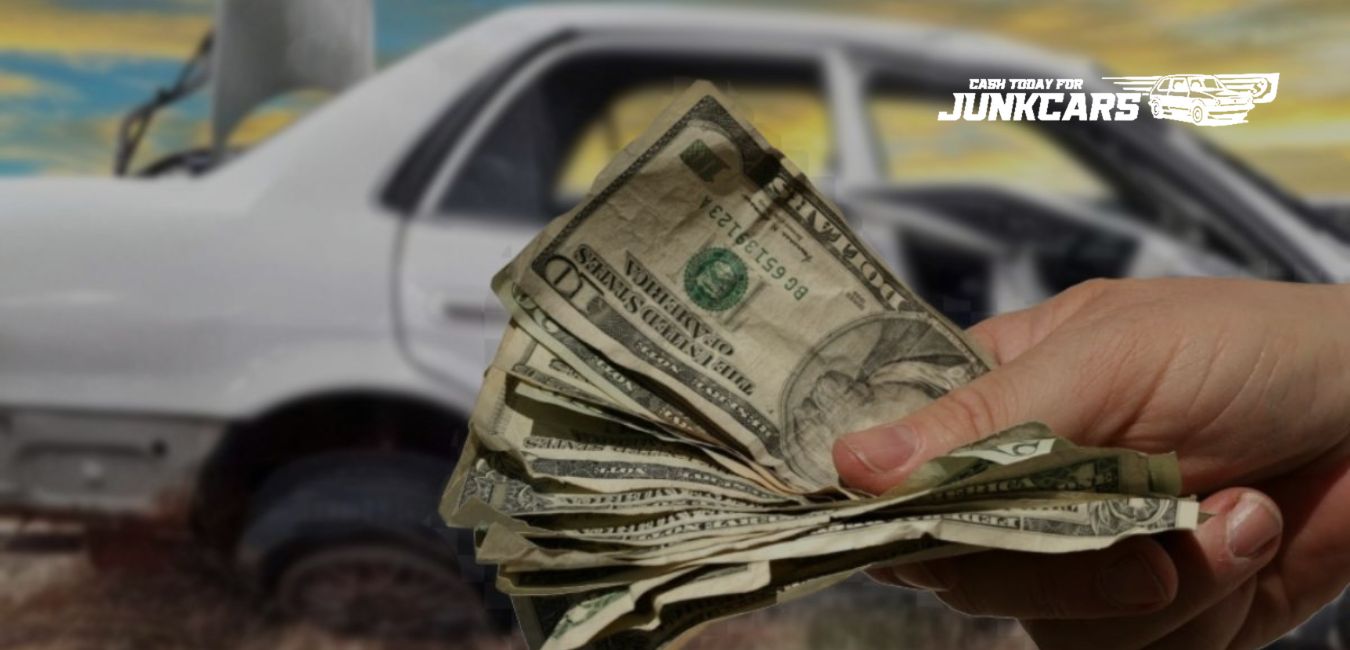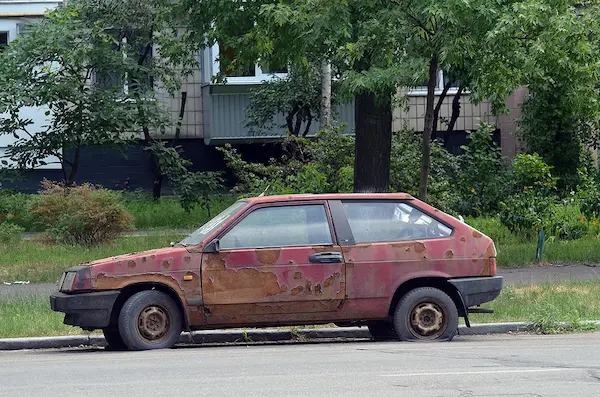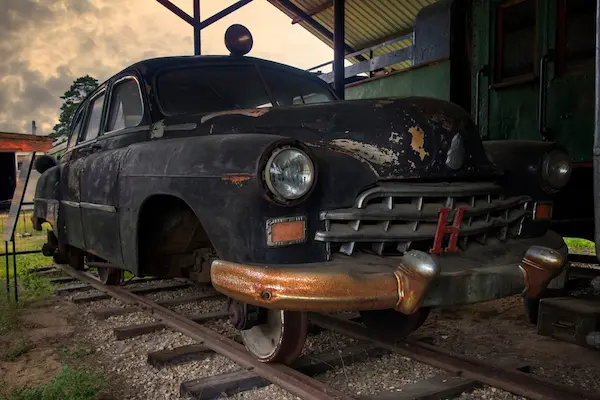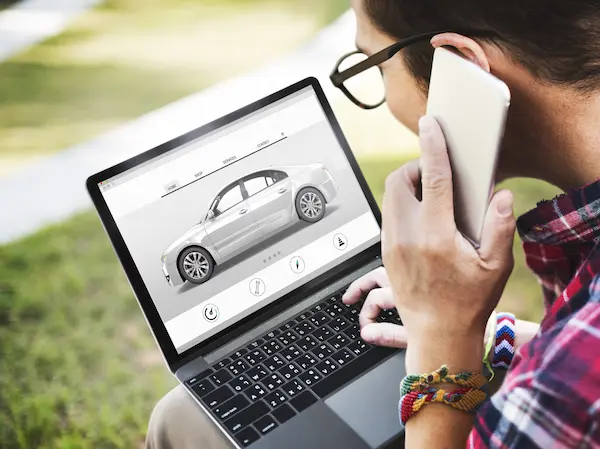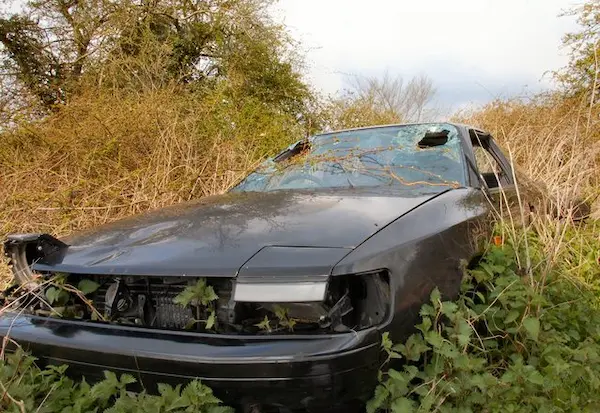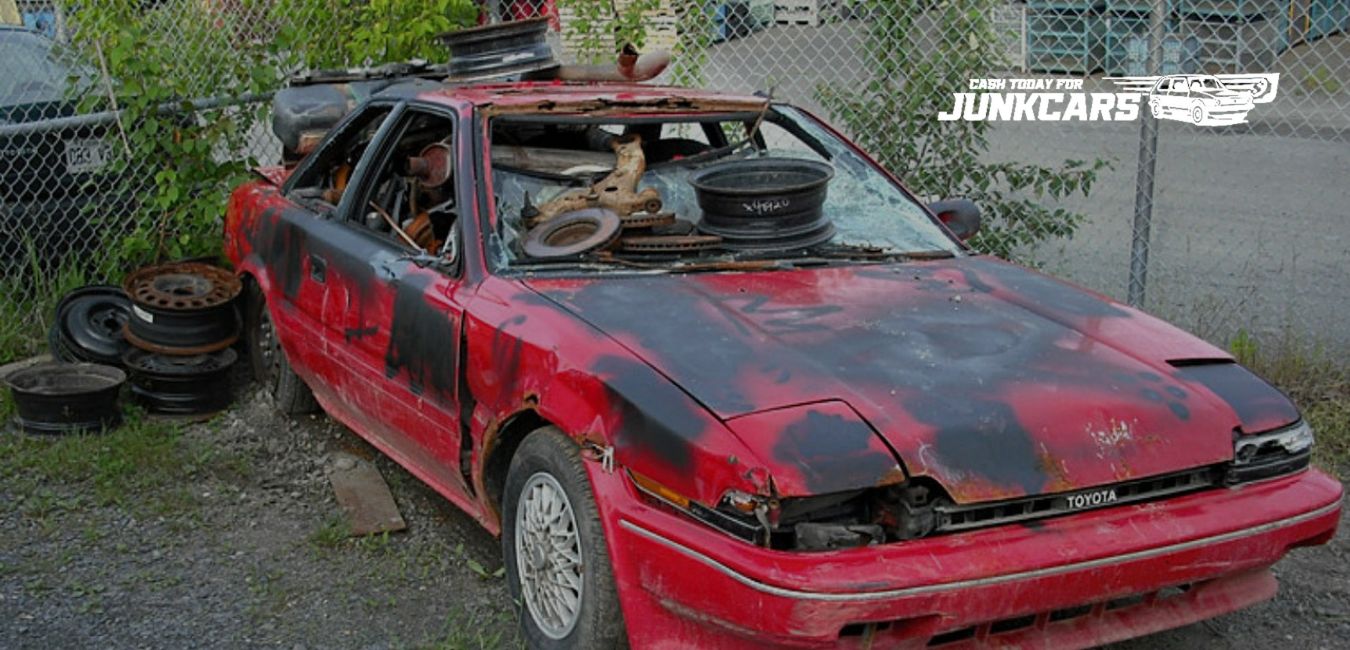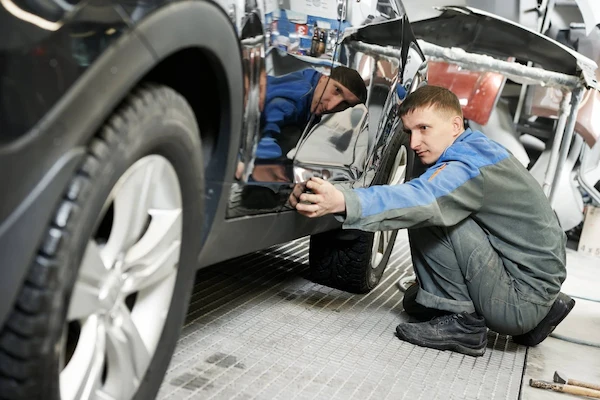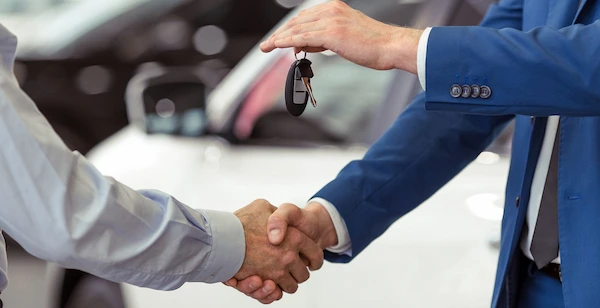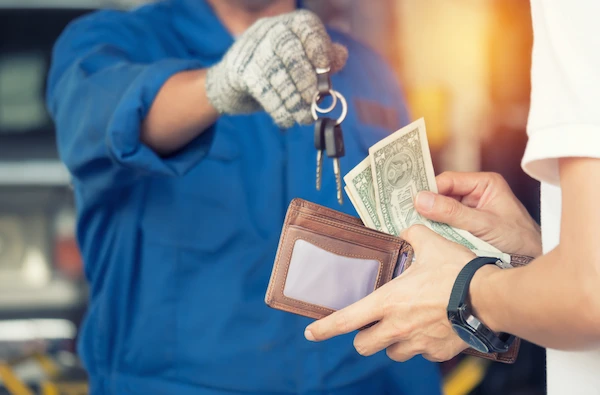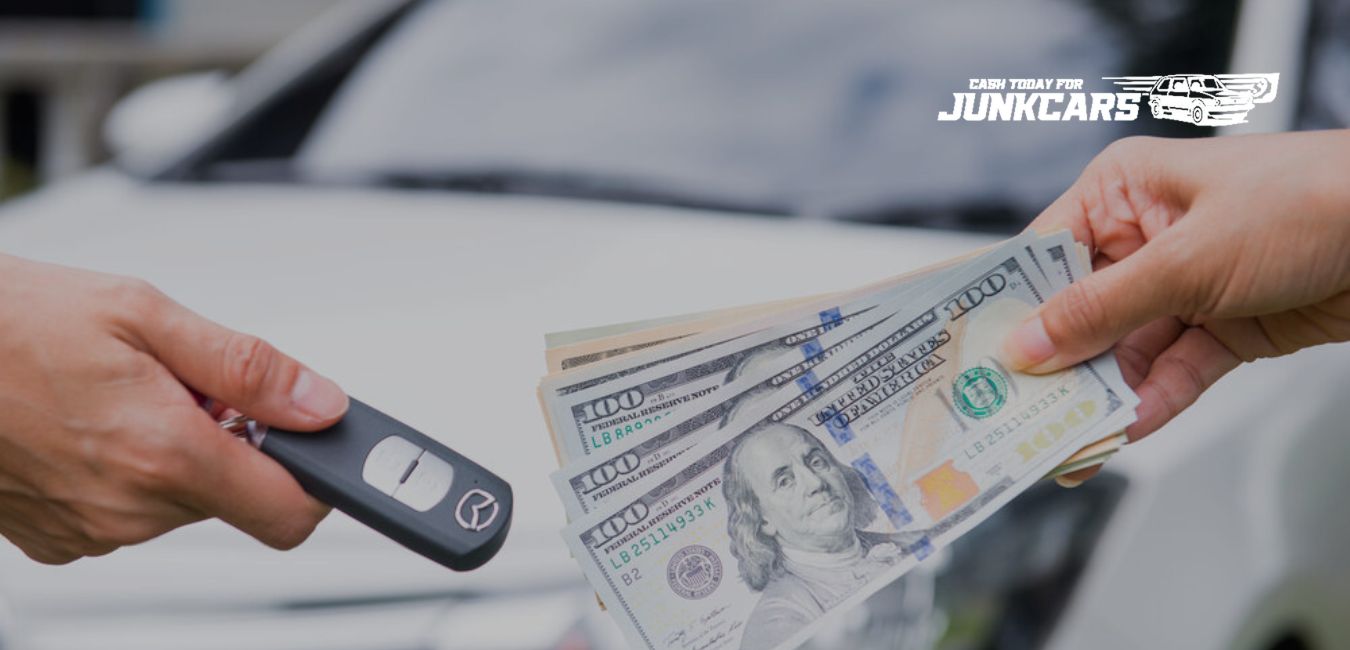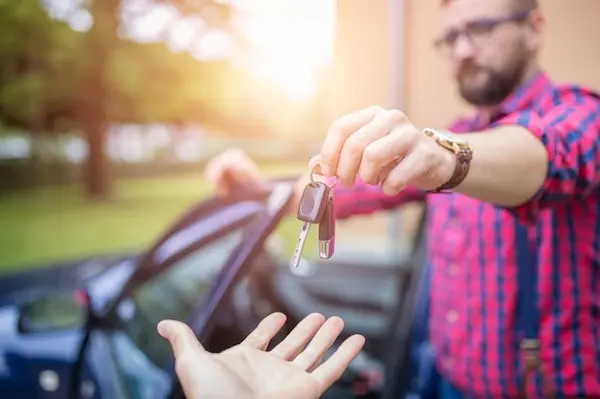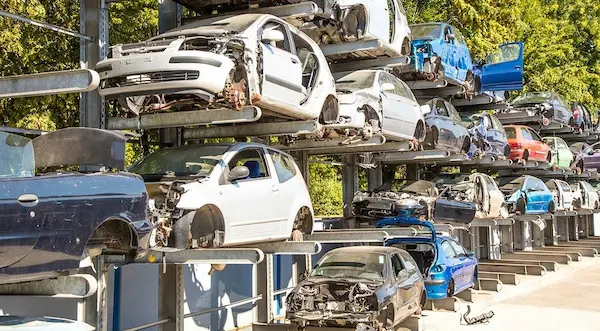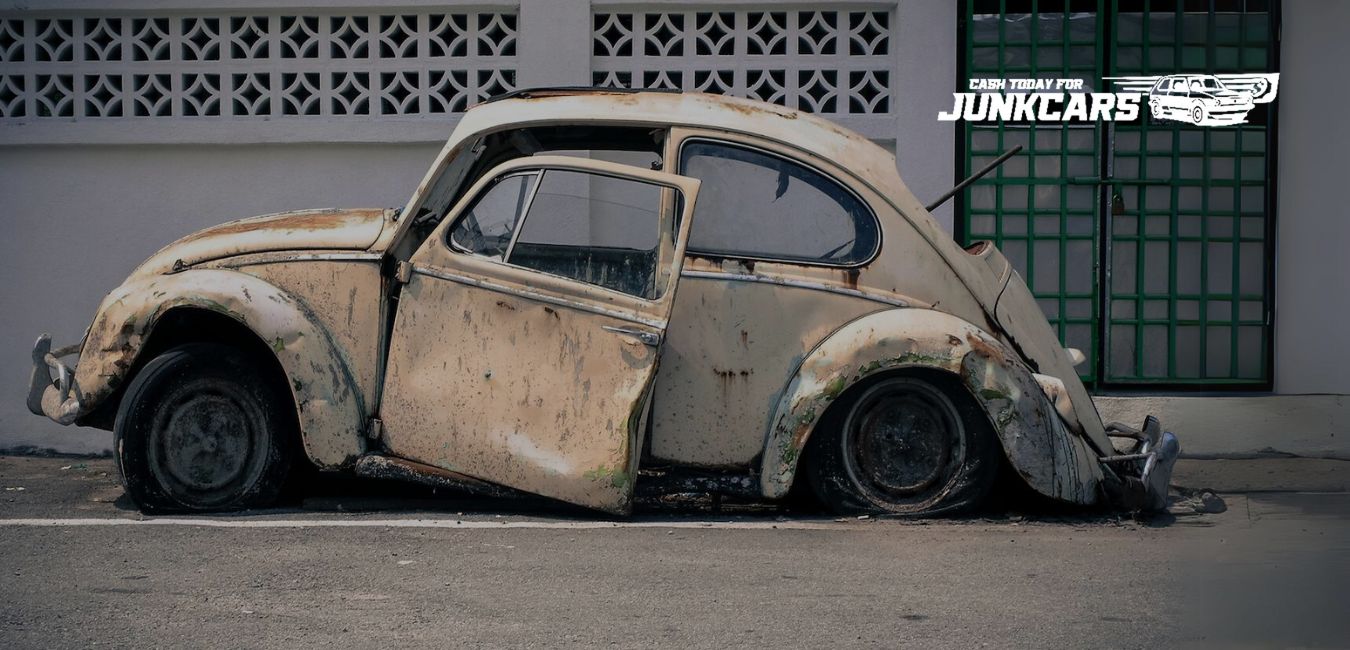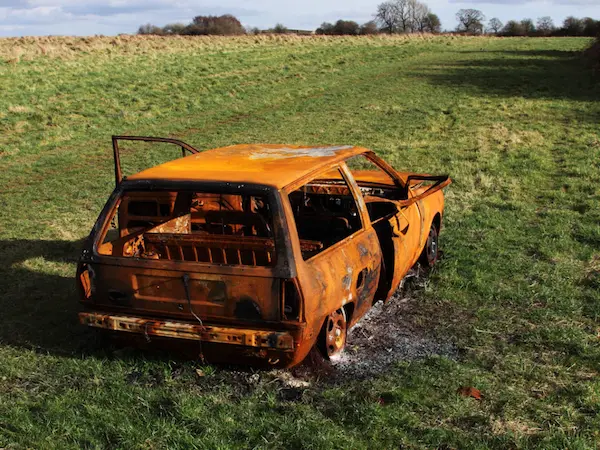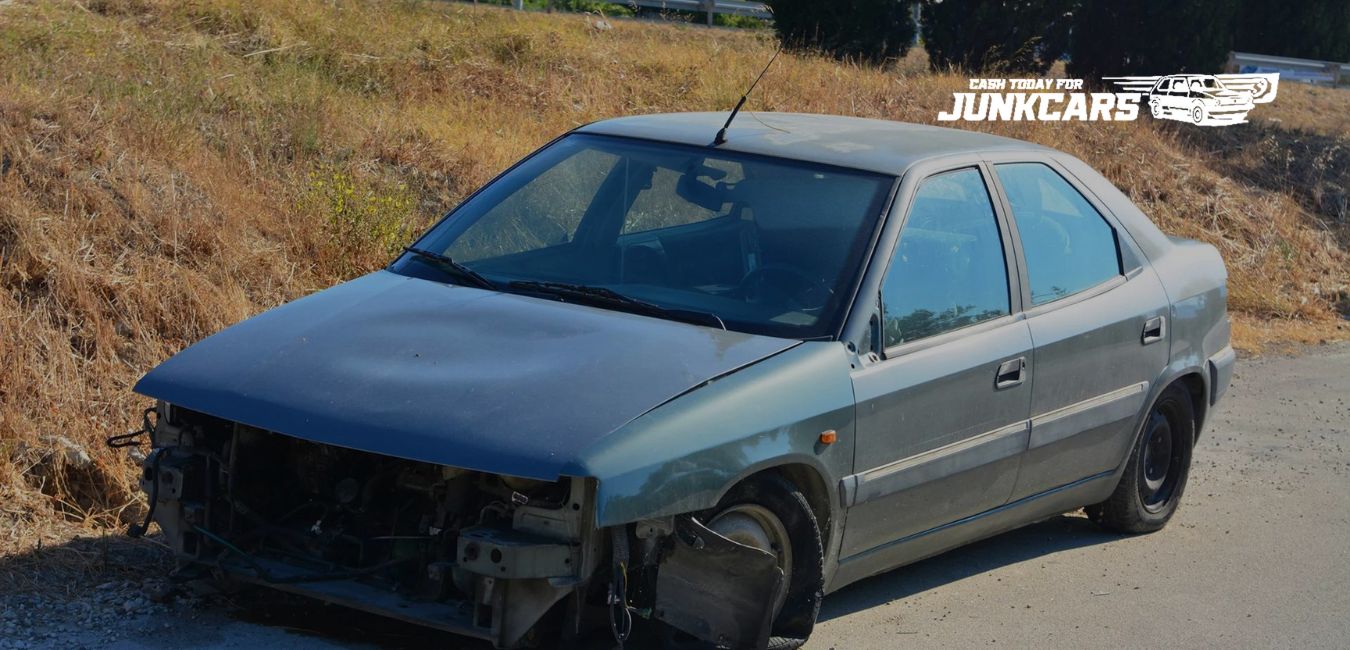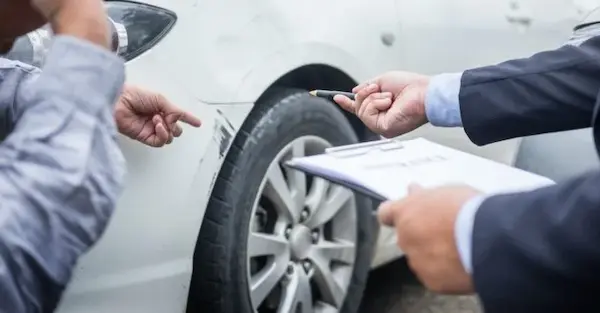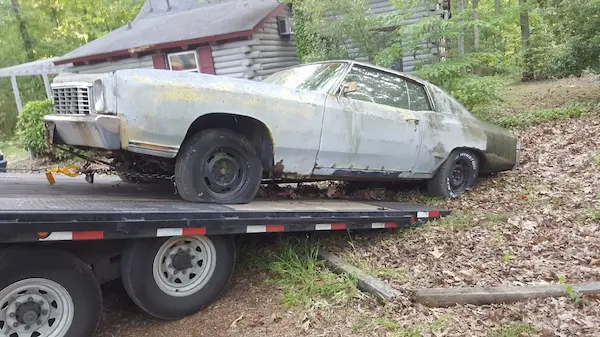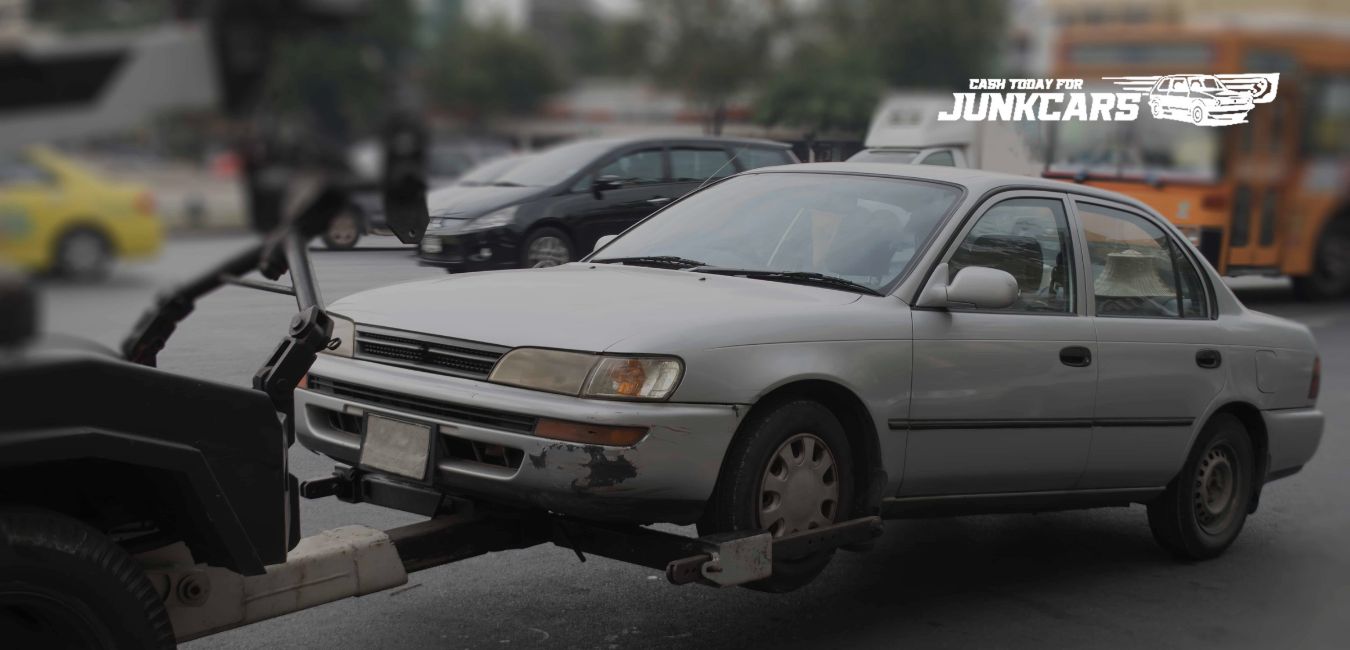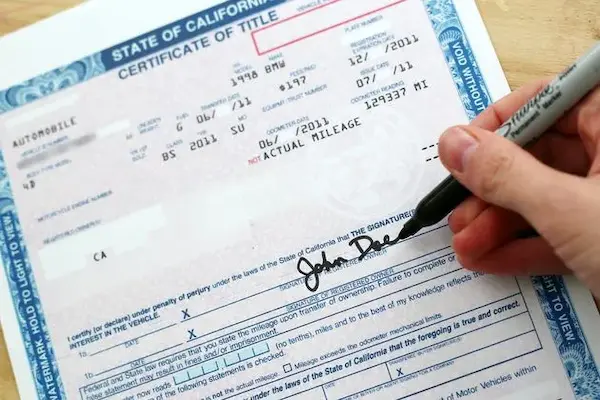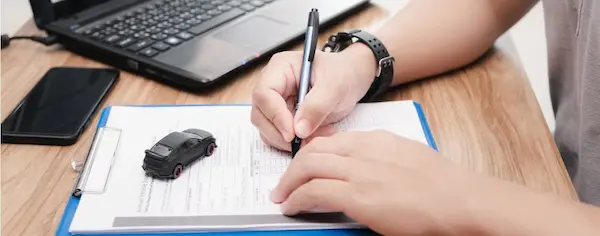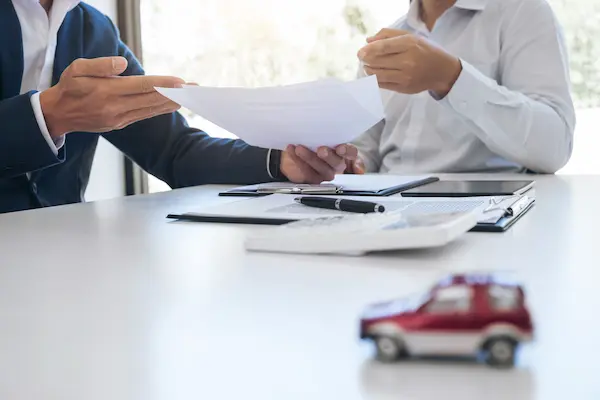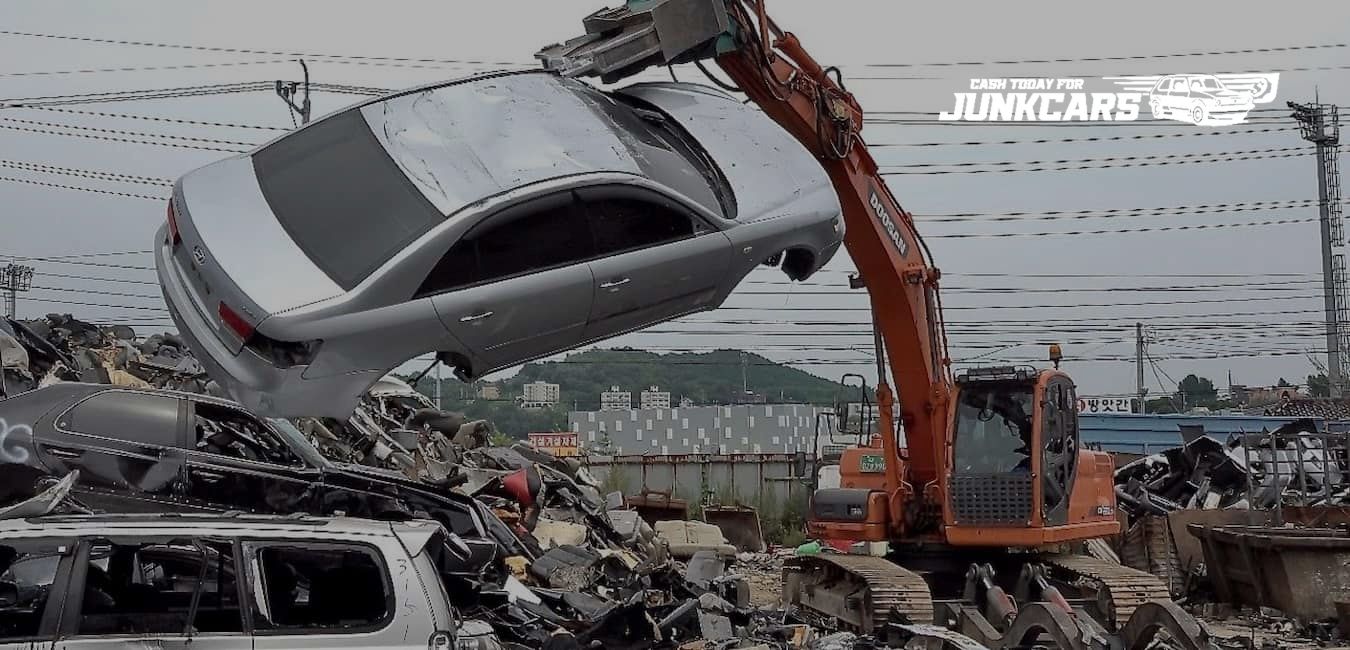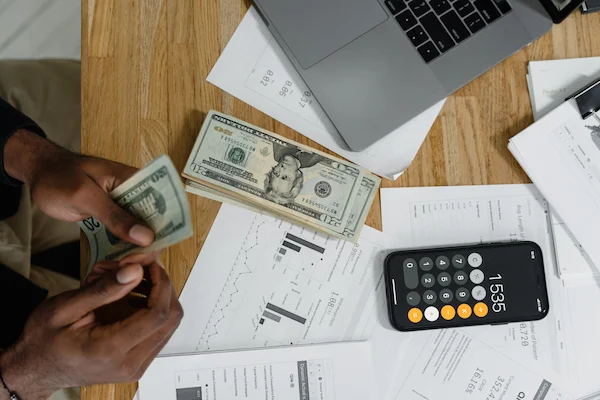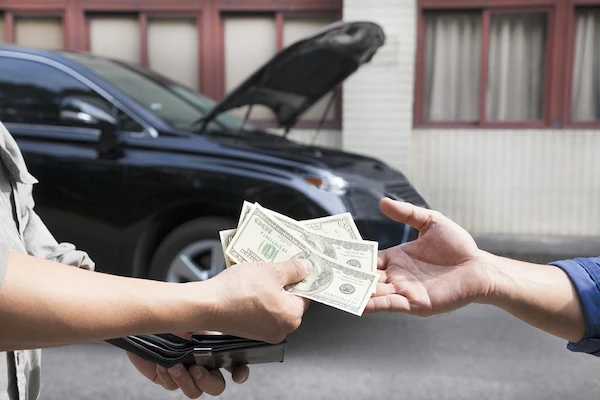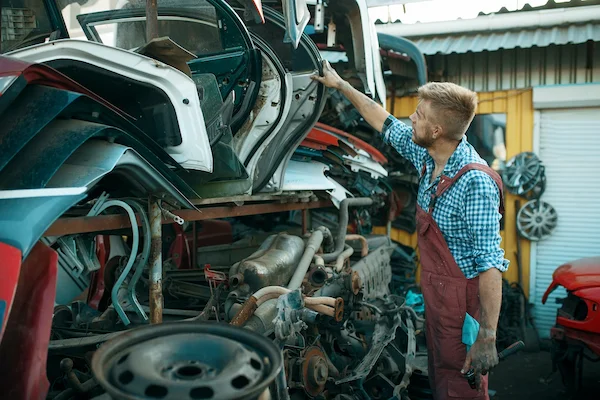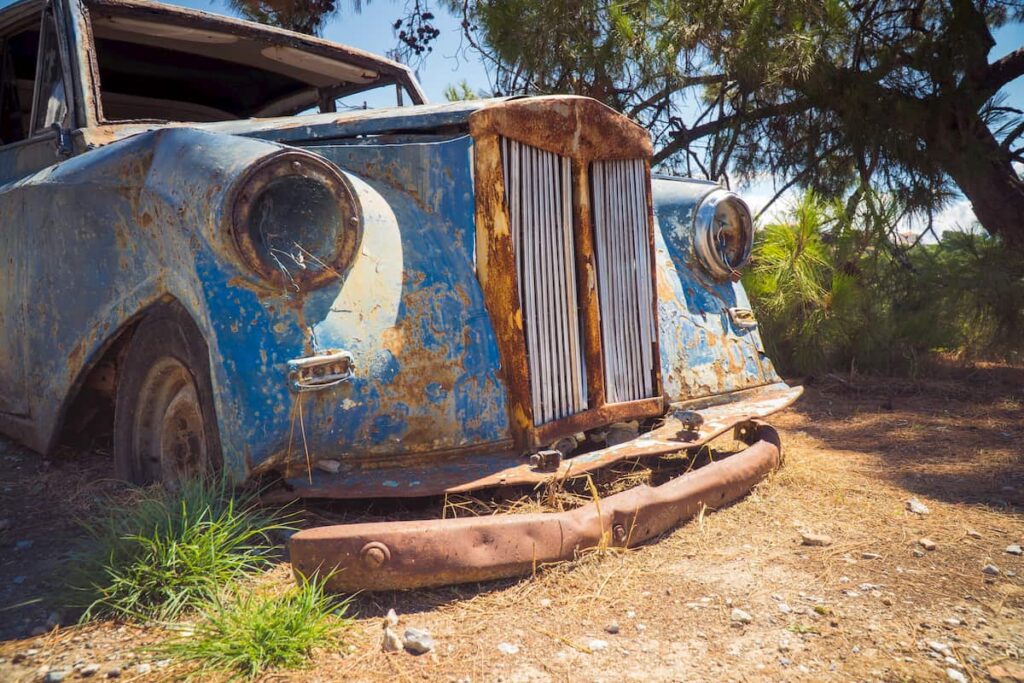Are you hanging onto an old car that’s seen better days? It might be tough to let go, but sometimes, saying goodbye is the better choice. But when is it time to junk your car?
When it is time to junk your car, watch for key indicators: escalating repair costs, significant safety concerns, consistent failure in emissions tests, and excessive rust. When your vehicle faces these issues, it is more cost-effective and safer to opt for a newer, more reliable model.
Keep reading our blog to learn more about letting go of your car. Your wallet and peace of mind will be happier for it.
Repair Costs And Car Value
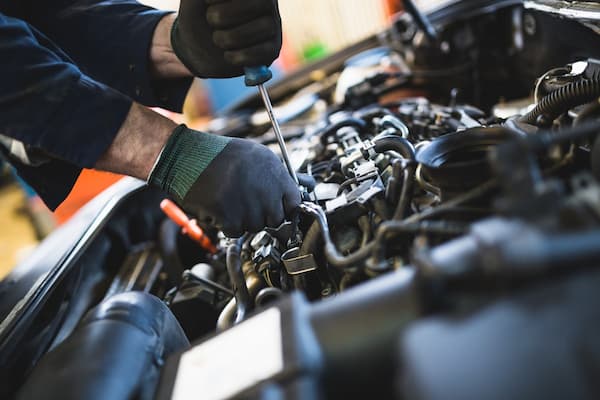
When fixing your car costs more than the car’s value, it’s not worth repairing. Spending too much on repairs means you’re losing money on an old car.
Cost Exceeds Car Worth
When repair costs are higher than what your car is worth, it’s time to junk it. This happens often with older cars.
For example, if your car is worth $1,000 but needs $1,500 in repairs, it doesn’t make sense to spend the money.
Cars lose value as they get older. Spending more on repairs than the car’s value is a clear sign that it’s not worth keeping.
Instead of wasting money, consider getting a more reliable car. This way, you save money in the long run.
Major Breakdowns
Major breakdowns are a big sign that your car may need to be junked. If your car often stops working and leaves you stranded, it’s not reliable.
Common big problems include engine or transmission failure. These repairs can be very expensive.
When your car has these issues often, it’s a sign that it’s time to let it go. Keeping a car that breaks down a lot can cost you more money and stress.
Not Worth Fixing
Sometimes, a car is just not worth fixing. This is true for very old cars or cars that have been in serious accidents. Even if you can fix it, the car may never be the same.
It is not safe to drive anymore. Or, it might need repairs again soon. In these cases, keeping the car is not a good choice.
Junking the car and getting a newer, safer one is often the best option. This keeps you safe and saves you from future repair costs.
Warning Signs Can’t Be Ignored
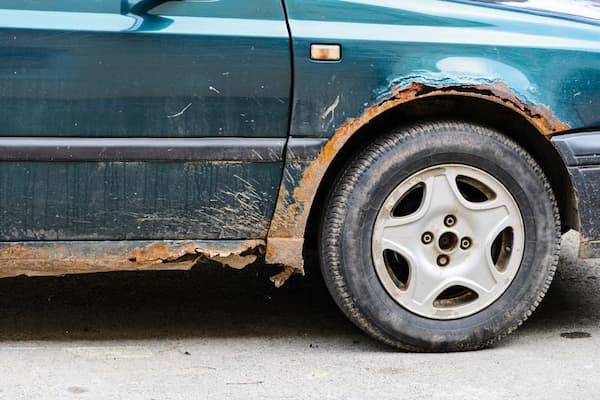
Let’s look at some of the warning signs that you cannot ignore.
Excessive Rust And Body Damage
Excessive rust and body damage are clear signs your car is at the end of its life. Rust can weaken the car’s structure, making it unsafe.
In case large parts of your car, like the floor or frame, are rusting through, it’s not just about looks. It’s a safety risk.
Cars with weak bodies won’t protect you well in a crash. When rust takes over, it’s time to junk your car and find a safer one.
Smoke, Leaks & Unusual Noises
Smoke from the engine, leaks under the car, and strange noises are signs your car is in trouble. Smoke means engine problems. Leaks show oil or coolant issues, leading to engine damage.
Unusual noises, like knocking or hissing, often point to serious mechanical issues. These problems are expensive to fix. When your car has these issues, it’s often better to junk it than to pay for repairs.
Not Roadworthy
A car that’s not roadworthy needs to be junked. This means it’s not safe to drive. A car is not roadworthy if it can’t pass an inspection because of serious issues like brake or steering problems.
Driving a car that’s not safe puts you and others at risk. It’s time to let it go and find a safer option if experts say your car isn’t roadworthy.
Constant Blaring Alarm
A constant blaring alarm from your car is a bad sign. It often means there’s a serious electrical problem. Fixing car alarms is expensive, especially if the issue is with the car’s computer or wiring.
When your car’s alarm won’t stop going off for no reason, it’s more than an annoyance. It is a sign that your car has bigger issues. In this case, junking the car might be your best choice.
Missing Car Title
In case you’ve lost your car’s title, it is often hard to sell or trade it in. A missing title makes it difficult to prove you own the car.
While you can get a replacement title, it is a long process. When your car is old and not worth much, it might not be worth the effort to replace the title.
In this case, junking the car is a simpler solution. Junk yards often have ways to take care of cars without titles.
FAQs
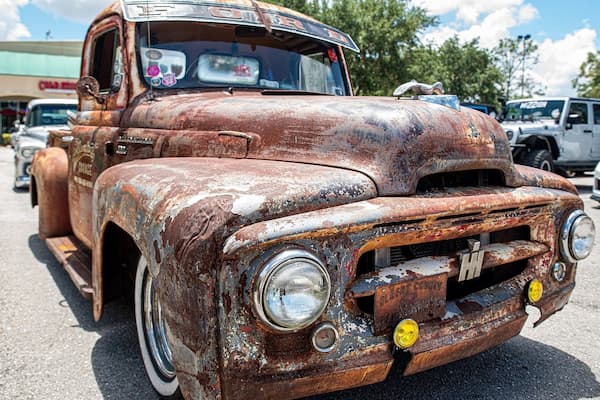
1. Can I Junk A Car Without The Title If It’s Not Roadworthy?
Yes, you can junk a car without the title even if it’s not roadworthy. Many junkyards accept cars without titles, but you need to provide other proof of ownership, like registration or a driver’s license. Check with the junkyard to understand their requirements and see if they offer assistance.
2. Are There Alternatives If Repair Costs Are High?
Yes, there are many alternatives if repair costs are high. You can sell the car “as is” for someone else to fix, trade it in for a discount on a new car, or donate it to charity for a tax deduction. Another option is to sell the car for parts to a junkyard or individuals who need them.
When Is It Time To Junk Your Car: Conclusion
In the end, knowing when to junk your car is all about listening to the signs and being honest with yourself.
In case your car costs more to fix than it’s worth, leaves you stranded often, or just isn’t safe anymore, it’s time to let it go.
Don’t wait for the perfect moment; when your car is showing the signs we’ve talked about, it’s already time. Make the smart choice for your wallet and well-being.

